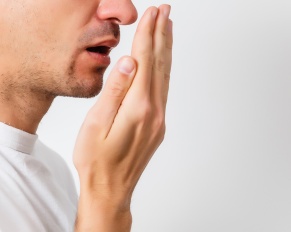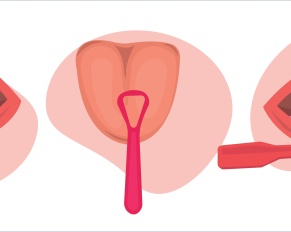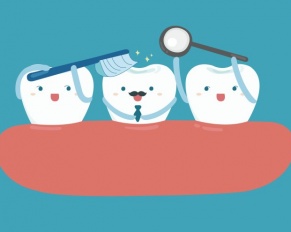If you’ve ever woken up with an unpleasant taste in your mouth and terrible, smelly breath, you’re not alone. Morning…

Common Dental Questions, dental care questions and answers, dental health tips, cosmetic and restorative dentistry, dental technology, ask a dentist bad breath

If you’ve ever woken up with an unpleasant taste in your mouth and terrible, smelly breath, you’re not alone. Morning…

Strawberries are an awesome, natural food that’s delicious and versatile, with a vibrant red color and sweet flavor. A lot…

If you want to stay healthy, you need to think about all aspects of your body, including your mouth. But…

There are so many different toothpastes on the market these days that it can be tough sometimes to make an informed decision on which ones to purchase for all the members of your family. Should you buy the kind of toothpastes that whiten your teeth? Should your toothpaste contain fluoride for cavity protection? What about the kind of toothpaste that helps keeps your breath fresh, or the kind that controls tartar, or the kind that combats sensitive gums? Do these actually work? And what if you’re a smoker? Should you use a special kind of toothpaste made just for those who use tobacco? The fact is that there are so many different brands, flavors, and kinds of toothpaste on the market today, but there are really only just a few different types of toothpaste, with most stemming as hybrids from those types. If you’ve always wondered what type of toothpaste is best for you, here’s more information that may help break down the differences.

Did you know that oral health impacts whole-body health? Problems in your mouth can affect the rest of your body.…